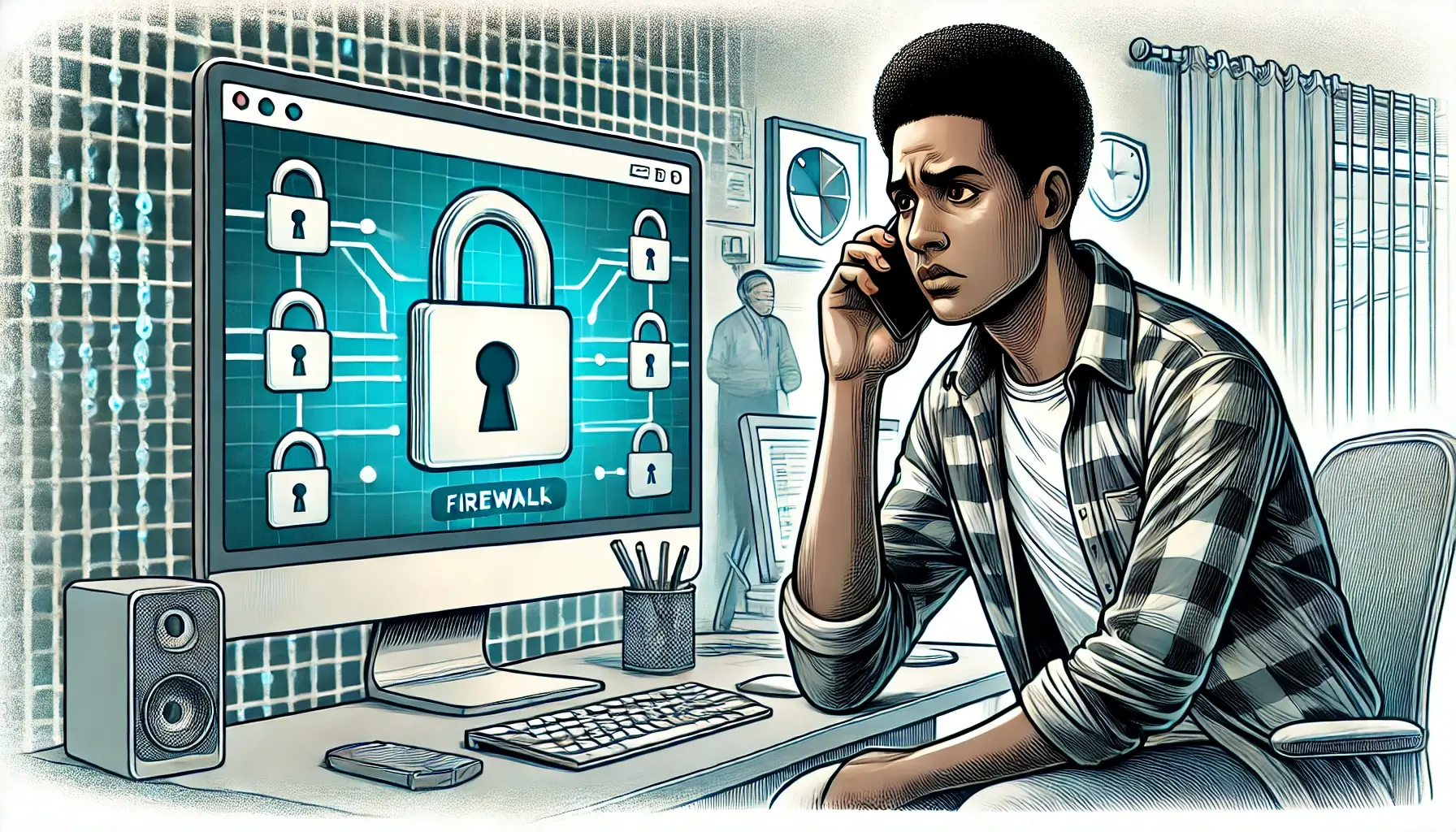It was supposed to be a routine day, but fate had other plans. Our biggest client was minutes away from their most significant product launch of the year, and their entire system had gone dark. I could almost hear the ticking of the clock, each second feeling like a hammer blow to my chest.
As the lead IT specialist for remote support, I knew the weight of responsibility resting on my shoulders.
My daily routine had been shattered, replaced by a maelstrom of urgency and anxiety.
I took a deep breath, trying to center myself as I established a connection to the client’s system.
The goal was clear: get their network back online before the launch event began. As I delved deeper into their system, I noticed their network architecture had been recently updated, and the documentation was incomplete. I felt my anxiety spike, but I knew I had to adapt.
I began methodically working through their system, using every tool at my disposal. I ran diagnostics, checked logs, and probed for anomalies. Time seemed to stretch as I worked, my focus narrowing to the task at hand.
Gradually, patterns began to emerge. A misconfigured firewall was blocking critical connections, and a recent software update had introduced conflicts with their legacy systems. I felt a glimmer of hope as I started to piece together the puzzle.
I ended up reconfiguring the firewall rules and rolled back the problematic update. Finally, I could see the connections come back to life. The anxiety that had been my constant companion began to ebb, replaced by a growing sense of accomplishment.
Just as I heard the muffled sounds of the launch event beginning in the background of the client’s call, their system sprang back to life.
Cheers erupted from the other end.
The adrenaline faded, and I realized the toll my intense focus had taken. My eyes burned from staring at the screen, and tension knotted my shoulders. I had missed lunch and several other scheduled tasks. The sacrifice of time and physical comfort was tangible, but so was the sense of achievement.
Returning to the comfort of my regular tasks felt surreal after the intensity of the crisis. But I knew I had grown from the experience. My problem-solving skills were tested in the crucible of critical system failure support, and I had a new appreciation for the importance of up-to-date documentation and robust backup systems.
I was more confident in my abilities to handle complex remote support issues, but also more aware of the need for continuous learning in our ever-evolving field. The anxiety that had gripped me at the start had transformed into a quiet pride and a renewed passion for my work.
